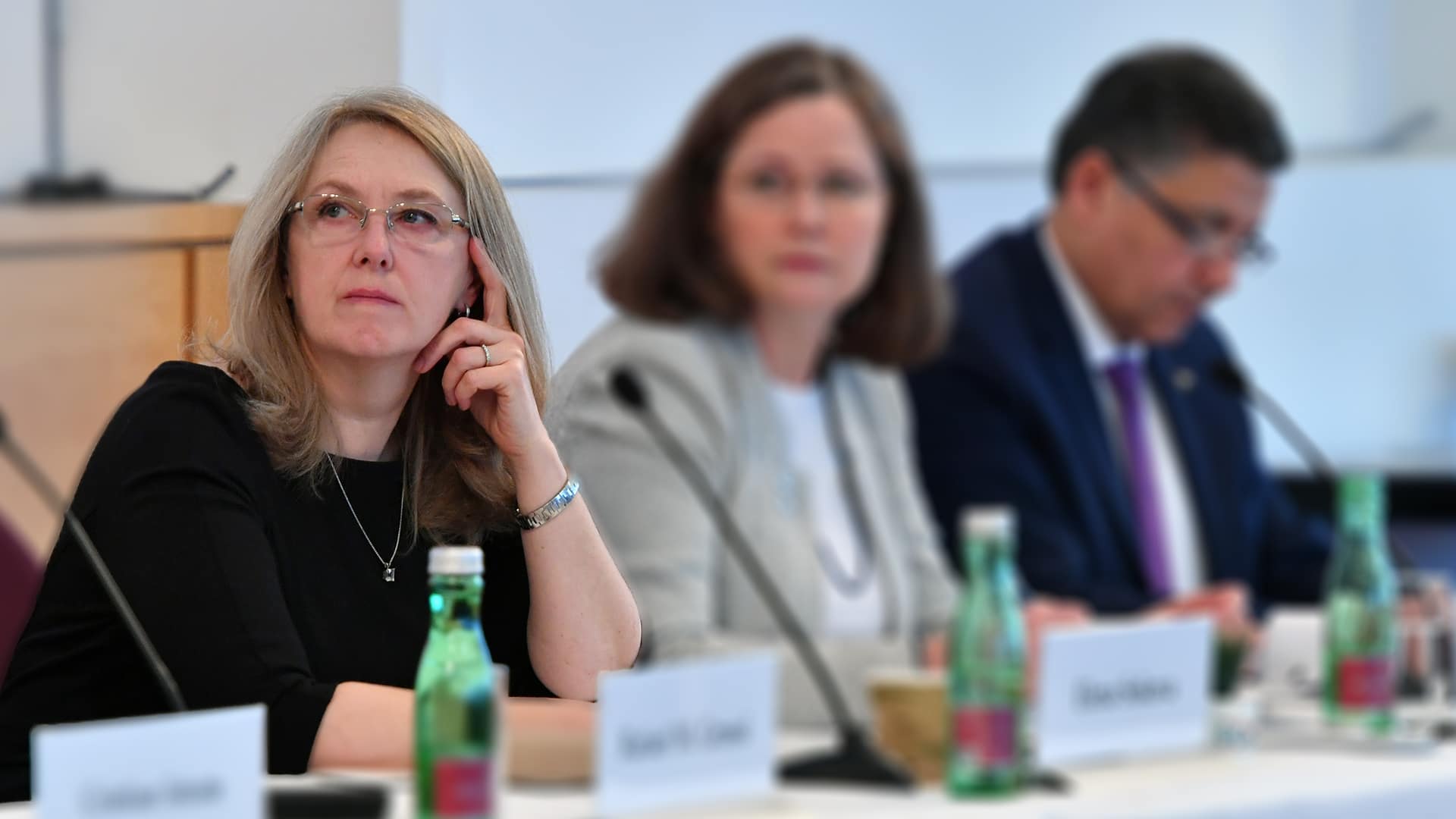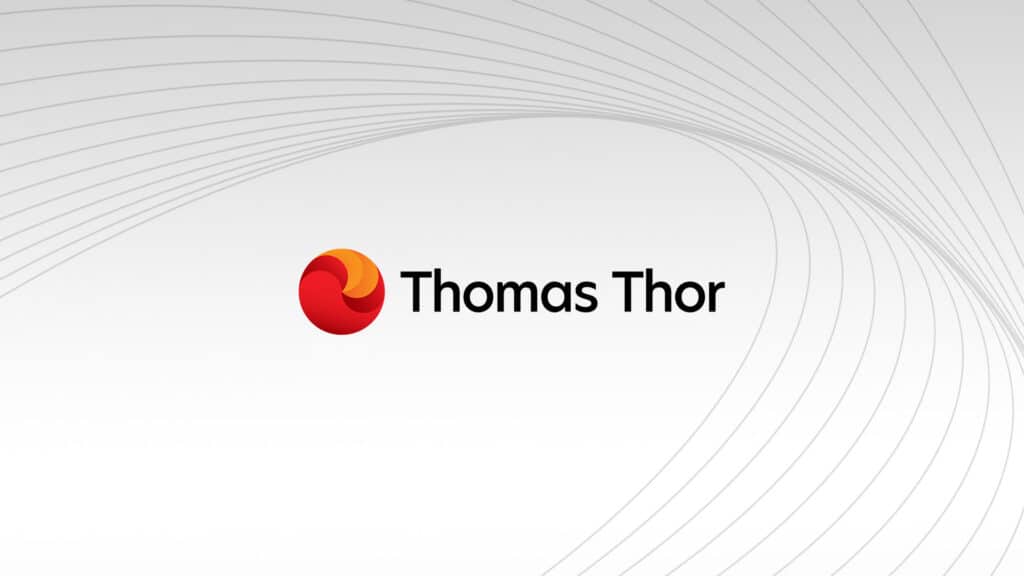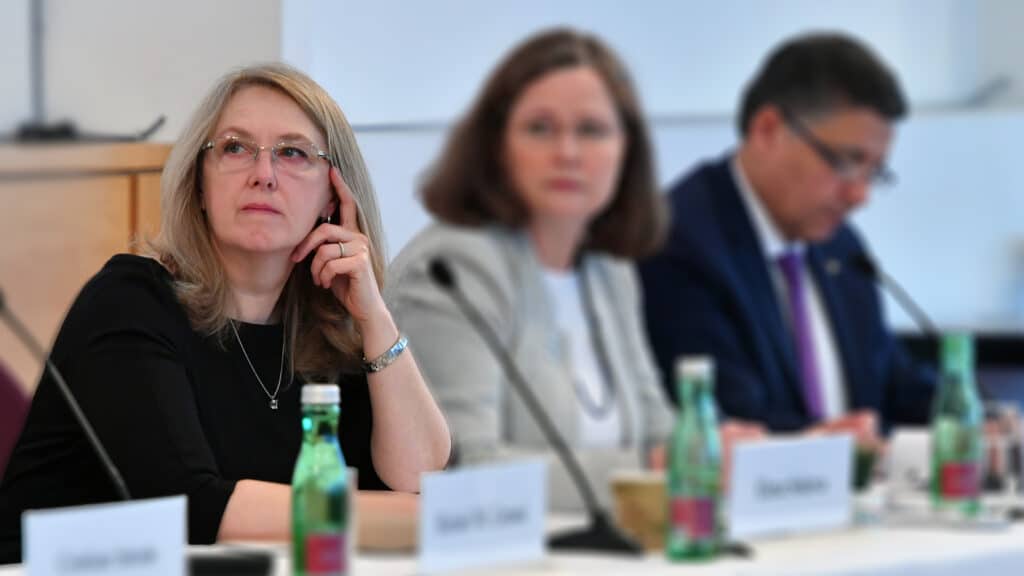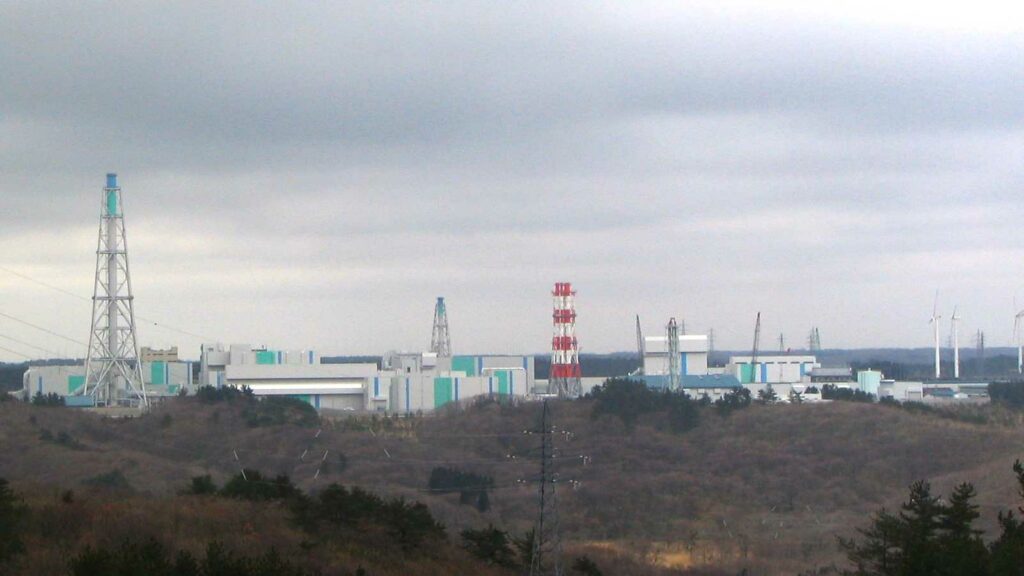Interview with Elena Sokova, the Executive Director of VCDNP

by Susan Cohen
What is the VCDNP? Why is it based in Vienna, Austria? How does the VCDNP promote peace and security? How can it further nuclear disarmament and non-proliferation?
VCDNP’s Executive Director, Elena Sokova, can answer these questions. She talks to Susan Cohen about the work of the organization.
Susan Cohen: Would you briefly describe the VCDNP and what it does?
Elena Sokova: The Vienna Center for Disarmament and Non-Proliferation (VCDNP) is a Vienna-based international NGO, with a focus on disarmament, non-proliferation and arms control. The Centerworks primarily on nuclear policy issues but also covers other WMD concerns and the intersection of policy and technical issues. At the 2010 NPT Review Conference, the the Austrian Government announced an international competition in order to establish a centre of excellence on these issues. I was still working at Center for Non-Proliferation Studies in Monterey, which was one of the organizations which applied. Our activities span three different areas: (1) producing research and analysis publications; (2) convening workshops, meetings and conferences on key non-proliferation and disarmament topics in order to bring different stakeholders together for result-oriented discussion; and (3) capacity building — which is particularly important to assist, for example, diplomats posted in Vienna with little training or even exposure to nuclear policy issues.
SC: Please describe the journey that led to you to undertake the leadership of VGDNP.
ES: I started my professional career working at the Soviet/Russian Foreign Ministry. When the Soviet Union collapsed, the time was opportune to study and explore the world. My husband and I ended up in the United States at the Center for Non-Proliferation Studies (CNS) in Monterey, where I worked for over 20 years. I initially focused on non-proliferation issues in the post-Soviet States, then expanded into broader issues, such as the nuclear fuel cycle and non-proliferation policy, and disarmament education. I was invited to consultancy meetings at the IAEA and at the 2007 NPT Preparatory Committee meeting in Vienna. It was such an interesting time and, my boss, CNS Director Dr. William Potter, and I had an extremely productive series of meetings and, half-jokingly, I suggested establishing an office in Vienna. The idea took root, and I was asked to develop a business plan for its major activities and associated costs. The costs initially prevented the establishment of a Vienna office until the Austrian Government took the initiative and asked for proposals. The rest is history — the VCDNP was established in late 2010 and I became its first Executive Director.
SC: Who are your users/stakeholders?
ES: From the very beginning, we wanted to work with a variety of major stakeholders in Vienna. These include diplomatic missions of national governments in Vienna, Vienna-based international organizations such as the IAEA and CTBTO and their experts, non-governmental organizations, academia and civil society. We reach the general public through social media, Austrian academic institutions such as the Diplomatic Academy, and interested press associations such as Atomic Reporters. Actually, we have hosted several training workshops for journalists, both locally and abroad. During COVID, our audience grew substantially as did our outreach. We are often asked by major news outlets to comment on relevant issues, such as the war in Ukraine or the Iran deal.
SC: How do you work together with the IAEA?
ES: The IAEA has always been one of our major stakeholders. The VCDNP engages with the IAEA in activities — including studies and reports — relating to nuclear governance and policy. For example, in February, we conducted a course focusing on IAEA safeguards for diplomats in Vienna who cover these issues. A number of IAEA experts contributed to it. We contribute to the IAEA’s work through workshops and discussions held at VCDNP, and through in-depth studies related to safeguards, nuclear security, and peaceful uses of nuclear science and technology. For example, at the 2022 IAEA Safeguards Symposium, our office contributed with speakers and panelists — a mutually beneficial engagement. Recently we codified our cooperation with the IAEA by signing practical arrangements.
SC: Would you give some further examples of VCDNP’s activities?
ES: We serve as a convener and facilitator, bringing various stakeholders together for meaningful, result-oriented dialogue, ranging from small workshops to major public events. We’re regularly approached by missions and international organizations to organize and host such events. We hold courses for diplomats and practitioners on nuclear non-proliferation and disarmament, safeguards and nuclear security, focusing on developing countries, the next generation and gender parity. In cooperation with other organizations, we have initiated a much-needed formal mentorship programme for young women interested in non-proliferation, arms control and disarmament issues. We offer fellowships to pre- and post-doc researchers, and paid internships (at least one in three of which is reserved for an intern from a developing country) for advanced students and recent graduates. I’m always delighted to host researchers with different approaches to non-proliferation, such as those with academic backgrounds in anthropology or history or ethics, which enables very rich exchanges.
SC: Please describe VCDNP’s achievements so far.
ES: In our non-proliferation and disarmament courses we have trained over 750 diplomats and practitioners. By the way, in the past four years we achieved gender parity among both the participants and the instructors. In the past two years we also launched ‘mini-courses’ for ambassadors, who may not have time to attend for a full week. We see more active participation as many countries are finding that they now have a voice. We have received recognition of our work here by missions and by international organizations who come to us with ideas and requests to organize events and meetings, and also by the UN General Assembly, in a resolution each year mentioning our contribution as the only NGO — along with the IAEA, CTBTO and other international organizations — to capacity building relating to disarmament and non-proliferation. I am also very proud that two years ago we launched the Young Women and Next Generation Initiative which has a formal mentorship component. Recently, the initiative was mentioned in the G-7 Statement of Directors for Non-Proliferation.
SC: Do you foresee any changes in VCDNP’s work in the future?
ES: We hope to retain our core programmes of training, research and meetings, and to expand our activities and add expertise to include emerging technologies (e.g. cyber, artificial intelligence), export control, outer space and challenges to multilateral institutions. I’m also looking at new modes of engagement, with both the professional audience and the general public. One good thing that came out of the COVID period was the development of virtual platforms and a better use of social media tools. Moreover, a growing demand for some of our programmes means that we have to consider how best to use our capacity. For example, for our upcoming diplomats’ course on non-proliferation and disarmament — for which we usually have around 100 applicants and take 25 participants — we received nearly 200 applications. One of our strengths is our ability to be nimble. With the growing demand for our courses and other programmes, we need to find ways to meet these demands without sacrificing the quality and growing too large. Nevertheless, I am confident that our talented and highly-skilled staff is well positioned to meet an increased demand.
Image Source: IAEA Image bank on Flickr
Share this article
Related articles
Help us grow and achieve your potential at a values-driven business.




